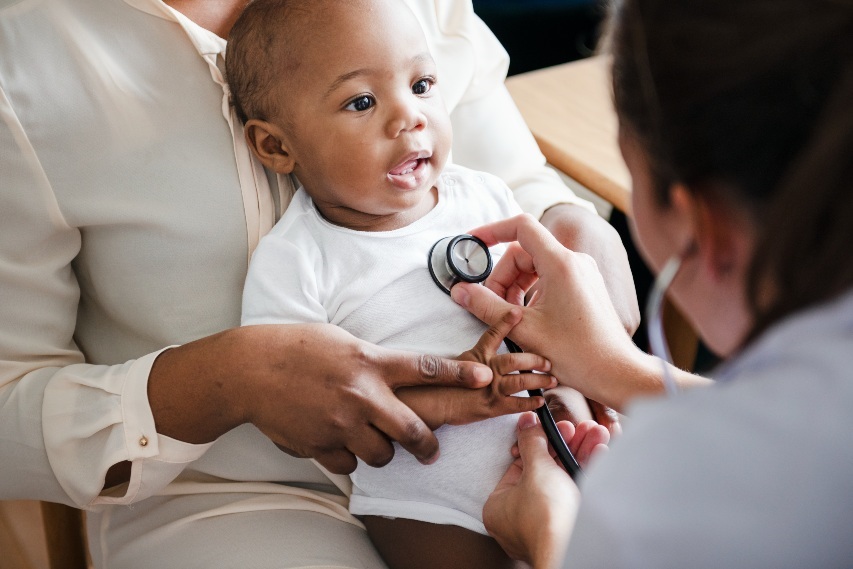As parents and caregivers, understanding common pediatric health issues is key to ensuring your child grows up healthy and happy. From minor ailments to more serious conditions, knowing the symptoms, causes, and treatments can help you act promptly and seek appropriate care. This guide provides a clear overview of some of the most frequent pediatric health concerns and practical advice to support your child’s well-being.
What Are Pediatric Health Issues?
Pediatrics focuses on the medical care of infants, children, and adolescents. Pediatric health issues range from everyday illnesses like colds and ear infections to chronic conditions such as asthma or developmental disorders. Early detection and management are essential to prevent complications and promote healthy development.
Common Pediatric Health Issues and Their Symptoms
1. Respiratory Infections
- Examples: Common cold, bronchitis, pneumonia
- Symptoms: Runny nose, cough, fever, difficulty breathing
- Causes: Viral or bacterial infections
- Treatment: Rest, fluids, fever reducers, and in some cases, antibiotics
2. Ear Infections
- Symptoms: Ear pain, irritability, difficulty sleeping, fever
- Causes: Bacteria or viruses often following a cold
- Treatment: Pain relief medication, warm compresses, and antibiotics if bacterial
3. Gastrointestinal Issues
- Examples: Diarrhea, constipation, stomach flu
- Symptoms: Stomach pain, vomiting, diarrhea, dehydration
- Causes: Infections, diet, or intolerance
- Treatment: Hydration, dietary adjustments, and sometimes medication
4. Asthma
- Symptoms: Wheezing, shortness of breath, coughing, chest tightness
- Causes: Allergies, respiratory infections, environmental triggers
- Treatment: Inhalers, avoiding triggers, and regular medical monitoring
5. Allergies
- Symptoms: Sneezing, itchy eyes, skin rashes, swelling
- Causes: Food, pollen, pet dander, insect stings
- Treatment: Antihistamines, avoiding allergens, emergency care for severe reactions
6. Skin Conditions
- Examples: Eczema, diaper rash, chickenpox
- Symptoms: Redness, itching, rashes, blisters
- Causes: Allergies, infections, irritants
- Treatment: Moisturizers, medicated creams, and maintaining hygiene
When to See a Pediatrician
Some signs indicate that your child needs immediate medical attention or a thorough check-up:
- High fever lasting more than 2 days
- Difficulty breathing or persistent coughing
- Severe or prolonged vomiting and diarrhea
- Unusual lethargy or irritability
- Skin rashes that spread or worsen
- Sudden changes in behavior or development
Regular pediatric visits help detect issues early and ensure your child is meeting developmental milestones.
Tips to Promote Your Child’s Health
- Vaccinations: Keep immunizations up to date to prevent serious illnesses.
- Balanced Diet: Provide nutrient-rich foods for growth and immunity.
- Physical Activity: Encourage age-appropriate exercise for healthy development.
- Hygiene: Teach proper handwashing and personal care habits.
- Sleep: Ensure your child gets adequate and consistent rest.
- Safety: Childproof your home and use appropriate safety gear.
Conclusion
Understanding common pediatric health issues empowers parents and caregivers to provide timely and effective care. By recognizing symptoms early, following treatment plans, and promoting healthy habits, you can support your child’s overall well-being and development. Remember, when in doubt, consult your pediatrician for personalized advice and care.

